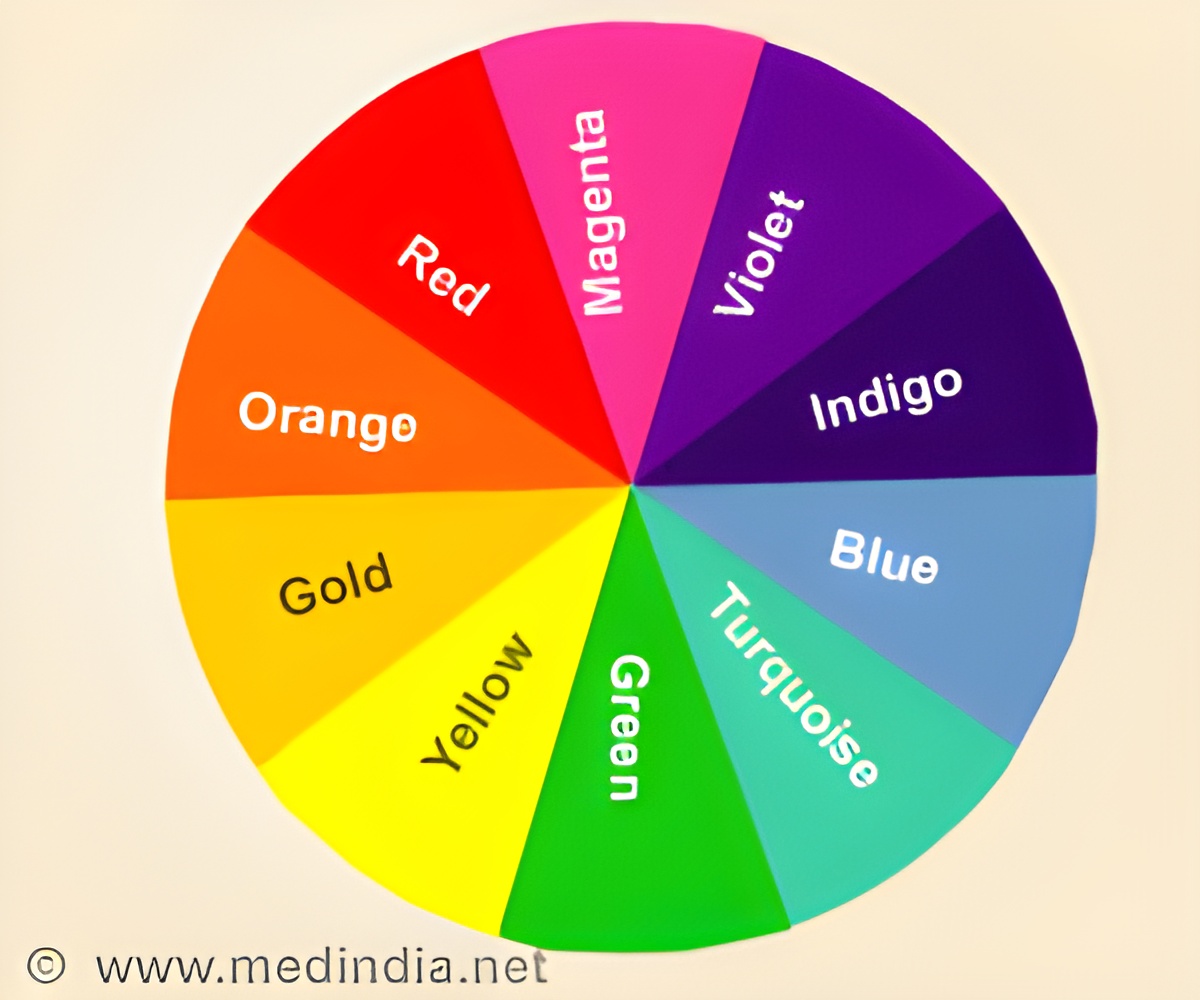
Over 340 million people around the world suffer from color blindness, as the condition can hinder simple everyday activities, like driving.
"It’s not a serious condition," EnChroma’s vice president Donald McPherson told Xinhua. "But it can make simple tasks appear impossible for the color blind because they cannot make the distinction, for example, at traffic lights between red and green, and this is something that can be life-threatening."
Usually, color blind people are not allowed to work as policemen, firemen, pilots or electricians, because even though they can distinguish most of the colors, their brains mistake red and green, especially when they are faint hues. Those with normal color vision have three photo-pigments in their eyes that are responsible to capture the light, with the brain doing the math to transform them into the right color, whether it is blue, purple, yellow or red.
"Color blind people overlap the red and green pigments in the brain a lot, so they get muddied colors," McPherson said. To help the brain separate these hues, EnChroma developed a glass that divides red and green, cutting a little bit of light between the two colors.
With the corrective glass, McPherson said, "the normal wavelengths are restored because it captures the right pigments, making the brain understand which colors are there."
Advertisement
"Color blindness is not just an aesthetic issue," he said. "It can even be mistaken as a learning disability in children, because books and classes are not prepared for people who cannot see red and green," he added.
Advertisement
Source-Medindia













